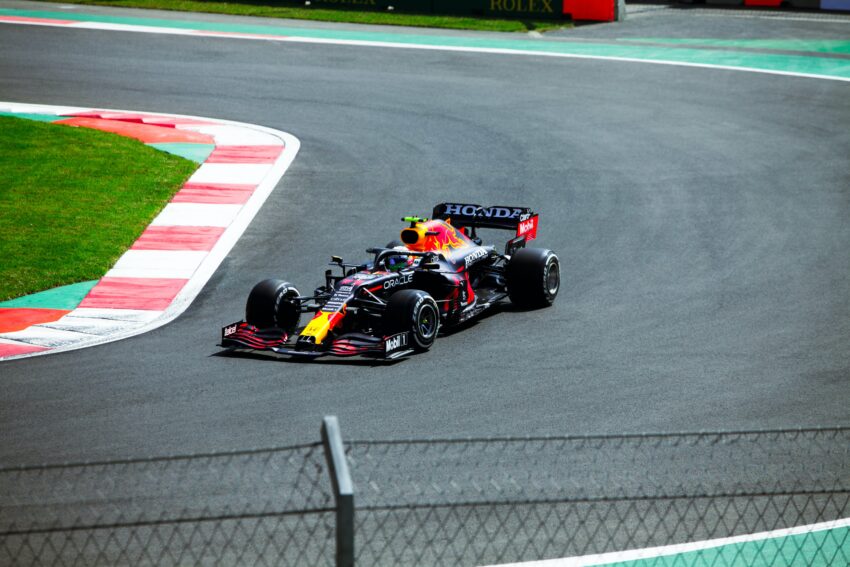Formula 1’s Las Vegas Debut in 2023: A Financial Windfall for the City

Introduction
In 2023, Las Vegas hosted the Formula 1 Grand Prix, a globally anticipated event that promised to revitalize the city’s economy and boost its global image. Contrary to initial apprehensions about fluctuating ticket and hotel room rates, the event turned out to be an economic triumph, attracting 315,000 fans and generating an estimated $1.2 billion impact.
The Economic Windfall
A Boost for the Local Economy
The Las Vegas Grand Prix went beyond being a mere spectacle of high-speed cars; it was a financial boon for the city. With a record-setting November, the event drove substantial economic activity, affirming the city’s capabilities as a host for international events. This economic upswing wasn’t just a matter of increased tourist numbers; it was a holistic uplift impacting various sectors, from hospitality to retail.
Tax Revenue and Its Uses
The Grand Prix wasn’t only about generating revenue. The over $100 million in tax revenue significantly benefitted the local community, underlining the broader impact of hosting such events. These funds were likely channeled into public services, infrastructure development, and community programs, contributing to the city’s long-term growth and stability.
Job Creation and Economic Diversity
The event’s preparation and execution created thousands of jobs, both temporary and permanent, in various sectors. This diversification of the job market was crucial, especially in a city heavily reliant on the entertainment and hospitality industry.
The Cultural and Social Impact
Bringing the Community Together
The F1 race was a cultural phenomenon, introducing many locals to the world of motorsports and fostering community engagement. Educational programs, fan zones, and local events created a buzz around the sport, contributing to a sense of community and excitement.
Enhancing Las Vegas’ Global Image
Hosting the F1 race enhanced Las Vegas’s image on a global scale. It positioned the city not just as a leisure destination but also as a versatile venue for significant sporting events, attracting future investments and international attention.
Challenges and Overcoming Them
Dealing with Infrastructure and Traffic
Transforming city streets into a race circuit was a mammoth task. It involved meticulous planning and execution to minimize disruption to the city’s regular activities. The city’s handling of these logistical challenges showcased its resilience and capability to manage large-scale events.
Environmental Considerations
The environmental impact of such a massive event was a critical consideration. The city and event organizers had to balance the excitement of F1 with the need for sustainable practices, a challenge that was met with innovative solutions and eco-friendly initiatives.
The Future Implications
A Template for Future Events
The success of the F1 race in Las Vegas can serve as a blueprint for hosting future large-scale events. It demonstrated how careful planning, community engagement, and sustainable practices could be harmoniously blended to ensure the success of such events.
Long-Term Economic Benefits
The long-term economic benefits of the F1 race extend beyond immediate revenue generation. The infrastructure improvements, global exposure, and enhanced reputation as an event destination will continue to benefit Las Vegas for years to come.
Conclusion
The Formula 1 Las Vegas Grand Prix of 2023 was more than just a race; it was a catalyst for economic growth, a boost for community spirit, and a new chapter in the city’s storied history. The event’s success provided immediate financial benefits and reinforced Las Vegas’s position as a top destination for global events. This success story highlights the potential for cities to leverage major events for economic and cultural gains.
For further details, visit the comprehensive analyses by AS USA and Blueprint Studios.




Leave a Reply